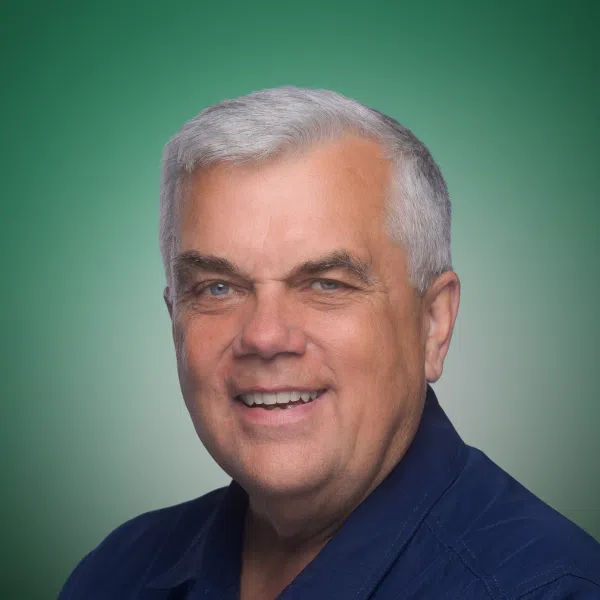Things could move smoother, easier and quicker Thursday night as the week of byelection voting comes to an end, thanks to changes meant to bring Saskatchewan elections into the 21st century.
Dr. Michael Boda, the chief electoral officer with Elections Saskatchewan, said this is part of an initiative that started after the 2016 election to modernize elections. Progress on some pieces was stalled in 2020, in part, because of the pandemic but others surged ahead, like an expansion of mail-in ballots.
The changes are meant to continue to slowly be implemented through the 2028 election. Boda described election systems as more like a cruise ship than a speedboat.
“Changes need to be introduced slowly (and) methodically because otherwise you risk upsetting the entire system,” said Boda.
He said there are multiple reasons Elections Saskatchewan wanted to improve and modernize the system.
“First, (it was) to reinforce the integrity of a system that dates back to 1905. It’s proven antiquated and it’s really not in line with a 21st-century Saskatchewan democracy. And second, (the hope is) that any modernization would broaden voters’ access to voting, that everyone would have access to their ballot moving forward,” said Boda.
The changes include the move toward messaging around an election week instead of one election day with advance voting ahead of it.
“It is a transition that is unfolding because we want to be able to have our polls open throughout the entire week moving forward and legislation has begun to allow that,” said Boda.
In the first five days of voting in the current byelections, 7,349 votes were cast.
The polling places in this election have also eliminated the use of paper polling books and rulers in favour of polling books on computers. That change has already been used in the byelection in Saskatoon Meewasin.
Most of the polling places in the three ridings — Regina Coronation Park, Regina Walsh Acres and Lumsden-Morse — are using electronic vote counters.
“These machines take a hand-marked paper ballot and simply counts the ballot, with the ballot kept if a recount is needed,” Boda explained.
Boda said he wanted to be clear that these aren’t electronic voting machines and are nothing like what’s used in the U.S. He said they eliminate hours of hand-counting and improve accuracy.
“The accuracy is much higher than a count by hand by election workers, especially those who have been forced to conduct a count after a 14-hour day of working,” said Boda.
The change will also help to speed up reporting of results once voting ends.
“I think it’s likely that at most locations you’ll see reporting between 15 and 30 minutes after the polls for those that are using vote-counting equipment,” said Boda.
Lumsden-Morse could take a bit longer to come in; Boda said it’s a geographically large constituency so several polls don’t have the counting machines and will have to be counted by hand, so they’ll take longer to report.
“As always, as election administrators, we are focused on accuracy, and that it what is most important to us. Speed is important, but it comes second,” he said.
The vote-counting machines are known to be accurate, according to Boda. He said they’ve been used in Ontario and have been used in municipal elections in Regina and Saskatoon for around a decade.
Elections Saskatchewan will also double-check – Boda said staff will choose a machine at random from each constituency and hand-count those to check the machine’s work. They’ll also take the boxes from the constituency with the closest race to confirm the numbers as well.
“The hand ballots, they will be assessed and counted against the numbers that are provided in the machine and we will be able to determine the accuracy of the machines at that point,” said Boda.
“I don’t expect that there will be a difference. There may be one or two based on the counters, but I don’t expect there will be a difference between the two.”
With the increased speed, accuracy and less reliance on paperwork, Boda said the pollworkers are ecstatic about the new machines.
“I’ve engaged with our workers in the three constituencies. They are ecstatic about the new system that is being used here because it reduces errors (and) it reduces paperwork immensely,” he said.
The polls open at 9 a.m. in the byelection ridings and close at 8 p.m. Results are expected to start coming in shortly after.











